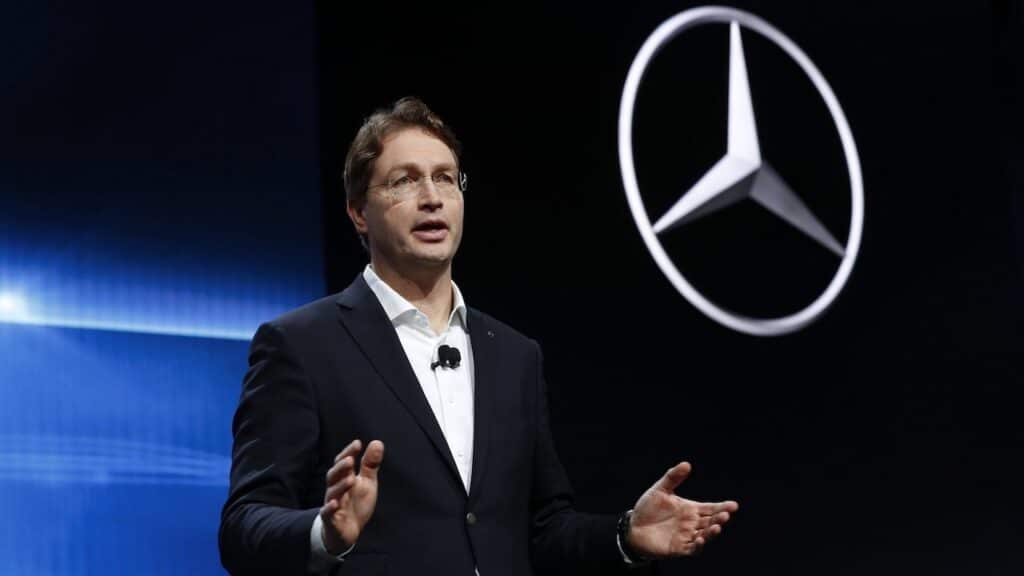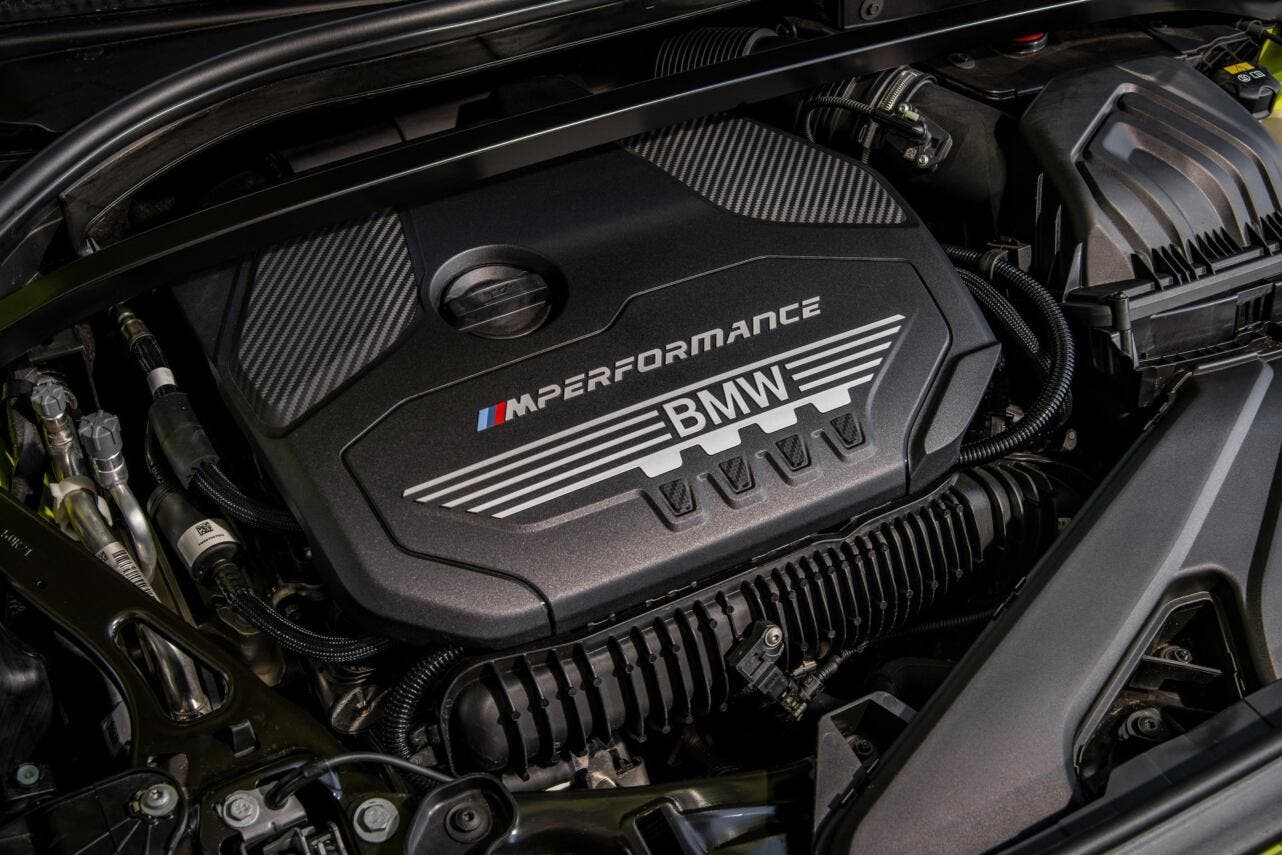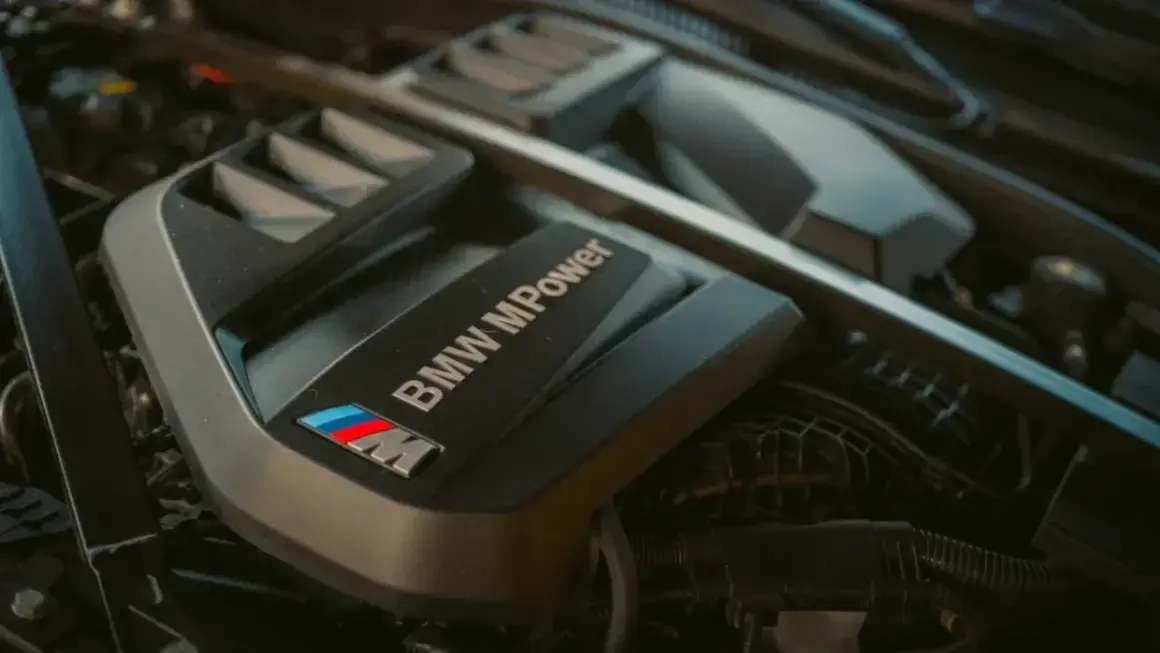Longtime competitors in one of the fiercest rivalries in the automotive world, Mercedes-Benz and BMW may soon surprise the industry with an unexpected partnership. According to reports from German magazine Manager Magazin, Mercedes is considering a deal to source four-cylinder engines from BMW in order to cut development costs for combustion engines, while the Stuttgart brand pursues a more gradual shift toward a fully electric lineup.
The first Mercedes models powered by BMW engines could hit the market as early as 2027. But the collaboration wouldn’t stop there: talks reportedly include the possibility of sharing transmissions and even electrified powertrains, suggesting a partnership that could go far beyond conventional engines.

For Mercedes, the alliance would mean a dramatic reduction in R&D expenses for four-cylinder units, freeing up resources to focus on more prestigious six- and eight-cylinder engines. BMW, on the other hand, would benefit from increased revenue and greater use of its Steyr plant in Austria, which currently has unused production capacity.
Discussions are already at a “high level of planning and negotiation”, with an official announcement expected by the end of 2025. Mercedes already sources engines externally, such as the 1.5-liter turbocharged four-cylinder built by Geely for the CLA mild-hybrid. However, partnering with BMW would be a stronger fit for key markets like North America and Europe, where Mercedes needs greater alignment and flexibility.

Among the top candidates is BMW’s 2.0-liter B48 turbo, already used across BMW and Mini lineups, compatible with both longitudinal and transverse setups and suitable for plug-in hybrid applications. The partnership could even expand to a joint production facility in the United States, helping both automakers avoid tariffs and reduce manufacturing costs in a vital market.
This move reflects a broader industry trend: the shift to electric vehicles is unfolding more slowly than anticipated, prompting manufacturers like Mercedes to rethink their strategies. CEO Ola Källenius recently described the shift as a “course correction”, confirming that electrified combustion engines will remain in the lineup longer than originally expected.
